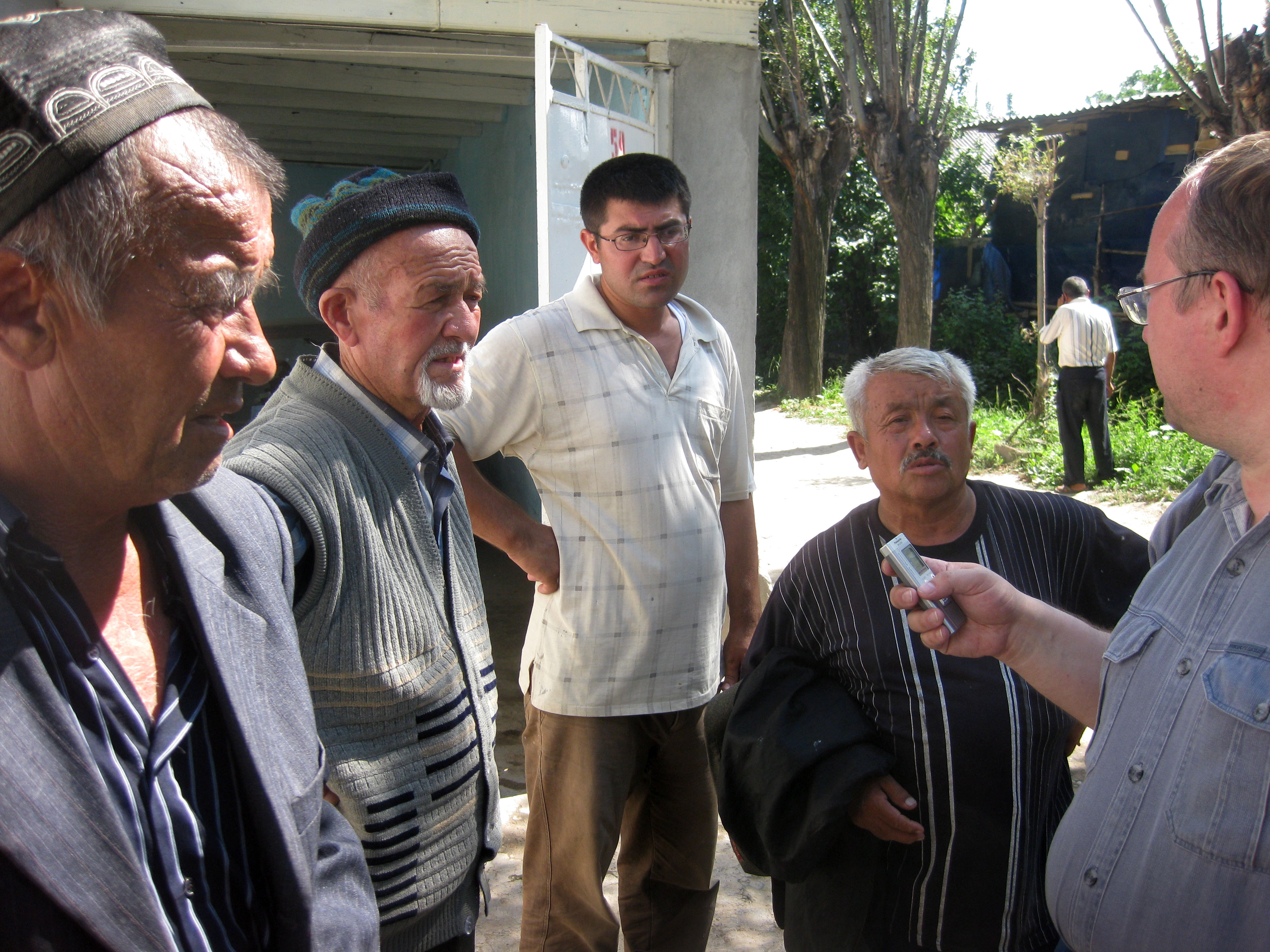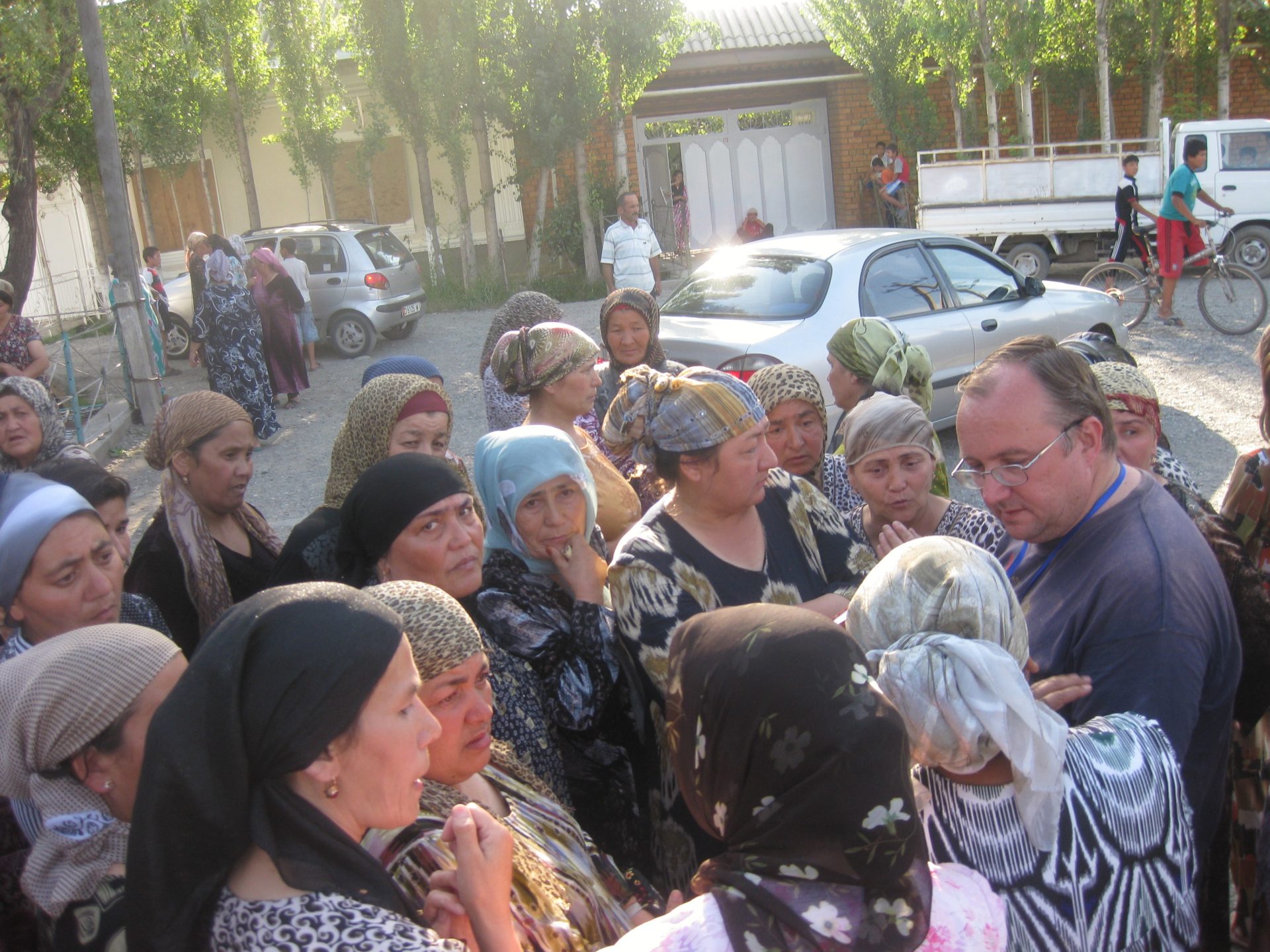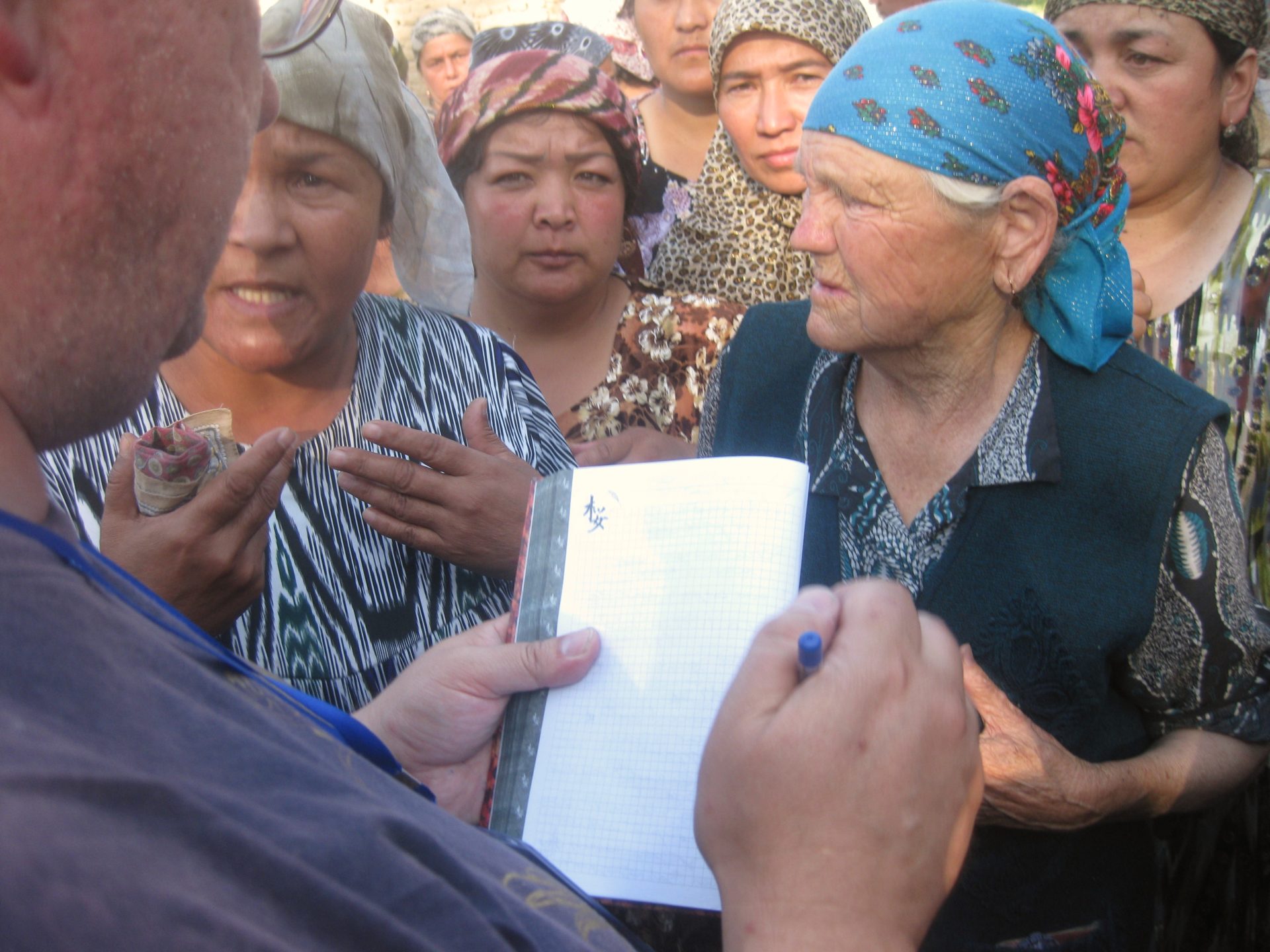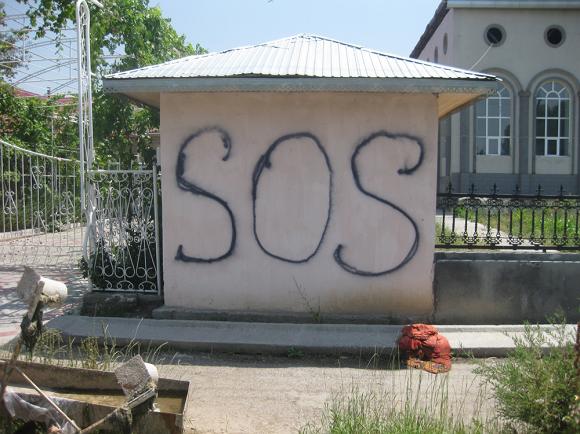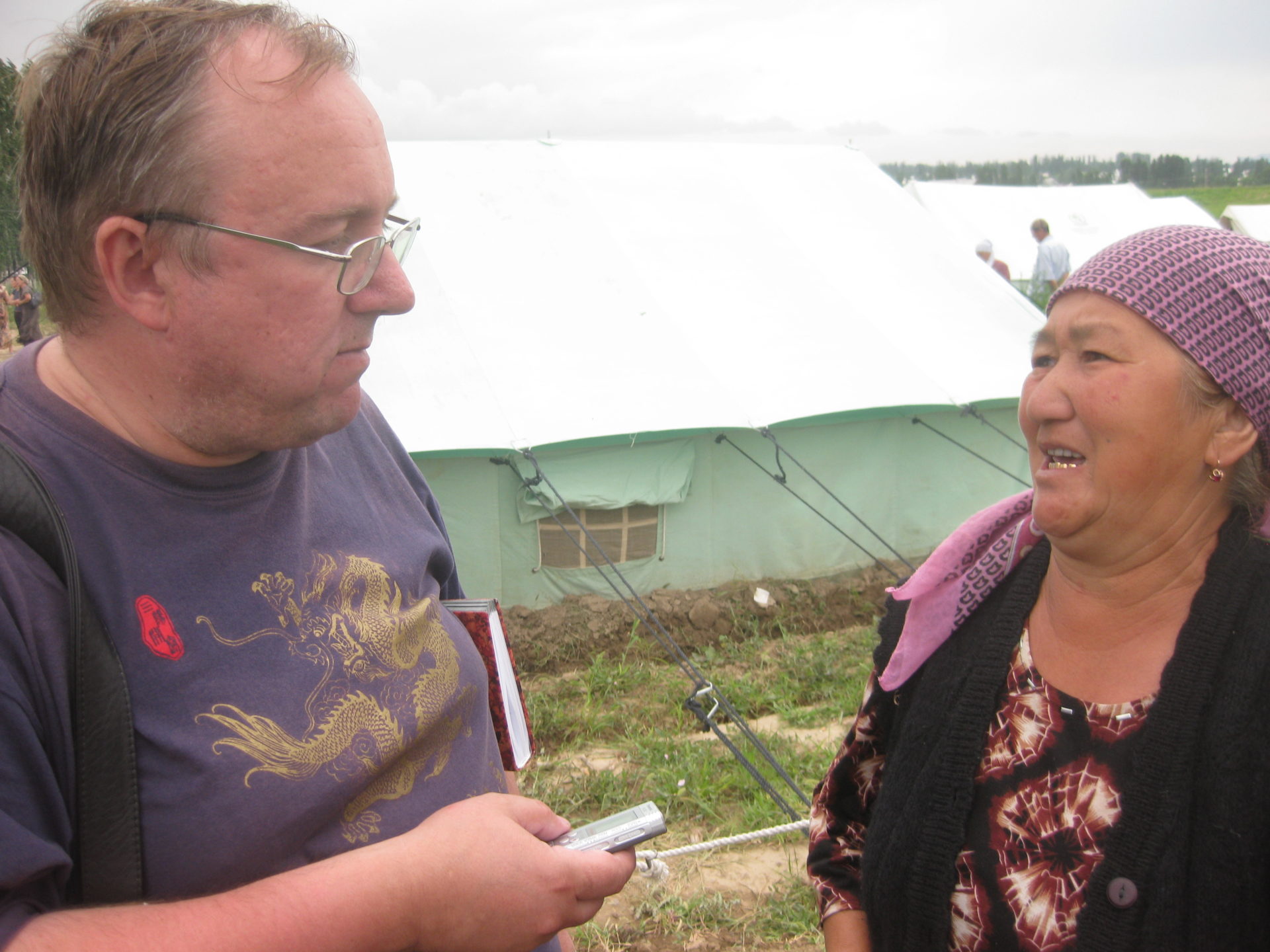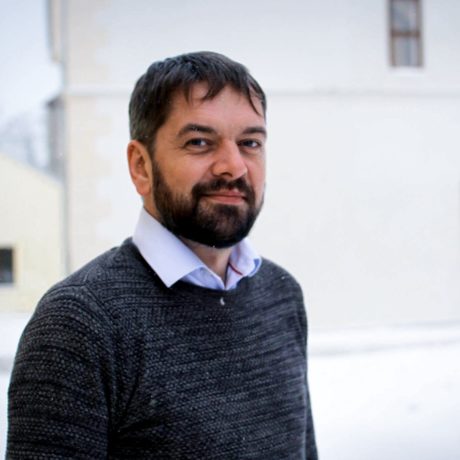UPDATE 11.10.18: In a letter to Bir Duino in early December, the Ministry of Justice of Kyrgyzstan confirmed that both the reports in question, including the report published by the Norwegian Helsinki Committee, have now been removed from the government’s official list of “extremist materials” forbidden in the Kyrgyz Republic and grants access to all documents related to the original “ban” case. Following the decision by the Supreme Court, a new date for a reconsiseration of the matter at Bishkek’s Oktyabrskiy District Court has not yet been set.
The Supreme Court of Kyrgyzstan has ruled that a lower Kyrgyz court has to reconsider a 2017 court decision to ban two separate human rights reports as “extremist”. The decision on the 22 October 2018 was based on a complaint from prominent Kyrgyz human rights organization Bir Duino. One of the two reports was published by the Norwegian Helsinki Committee.
“We welcome this decision by the Supreme Court of Kyrgyzstan, and we look forward to having the matter finally settled out in the open. When authorities start censoring individual human rights reports because they are unhappy with the content, it is a slippery slope”, says Bjørn Engesland, Secretary General of the Norwegian Helsinki Committee.

Labelled as “forbidden”
On 5 January 2017, the Oktyabrskiy District Court in Bishkek found two reports on human rights in Kyrgyzstan to be “extremist” and had them listed on the website of the Ministry of Justice as “forbidden”. None of the organizations behind the reports were informed about the court hearing or its result and were made aware of it merely by chance in mid-2018.
One of the two reports declared extremist was A Chronicle of Violence: The events in the south of Kyrgyzstan in June 2010 (Osh region). The report was published jointly by the Norwegian Helsinki Committee, Human Rights Centre Memorial (HRC Memorial) and Freedom House in 2012, and was based on intensive research during conflicts that took place in the provinces of Osh and Jalalabad in 2010. The report is widely considered a major contribution to a factual understanding of the violent clashes that took place in the region.
When authorities start censoring individual human rights reports because they are unhappy with the content, it is a slippery slope
Bjørn Engesland, Secretary General of the Norwegian Helsinki Committee.
The second report declared “extremist” was a submission from organizations Bir Duino and Anti-Discrimination Centre Memorial to the UN Committee on the Protection of the Rights of All Migrant Workers and Members of Their Families to their review of Kyrgyzstan in 2015.This alternative report details serious human rights issues facing Kyrgyz migrant workers abroad, particularly in countries such as Russia and Kazakhstan.
“Factual, not extremist”
In early July 2018, the Norwegian Helsinki Committee sent a letter to the Minister of Foreign Affairs of Kyrgyzstan, Mr. Erlan Abdyldaev, outlining misunderstandings and ill-founded assumptions in the process leading up to the “ban” on these two reports.
Vitaliy Ponomarov, Programme Director for Central Asia in HRC Memorial, and I spent difficult weeks in Osh and Jalalabad provinces in June 2010, at a time when even Bishkek journalists were afraid to go there.
Ivar Dale, Senior Adviser at NHC
In parallel, Bir Duino brought a cassation complaint to the Supreme Court, which on 22 October ultimately cleared the legal obstacles to the matter being brought before the Oktyabrskiy District Court for a new consideration.“I am relieved that the Supreme Court has sent the case back where it came from”, said Ivar Dale, Senior Adviser in the Norwegian Helsinki Committee, and continues:
“Vitaliy Ponomarov, Programme Director for Central Asia in HRC Memorial, and I spent difficult weeks in Osh and Jalalabad provinces in June 2010, at a time when even Bishkek journalists were afraid to go there. We put all our efforts into the report, which took almost two years to produce. It is factual, not extremist. We look forward to a transparent review of the report in the Oktyabrskiy District Court. We will also pay close attention to the review of the report written by our colleagues in Bir Duino and ADC Memorial.”
